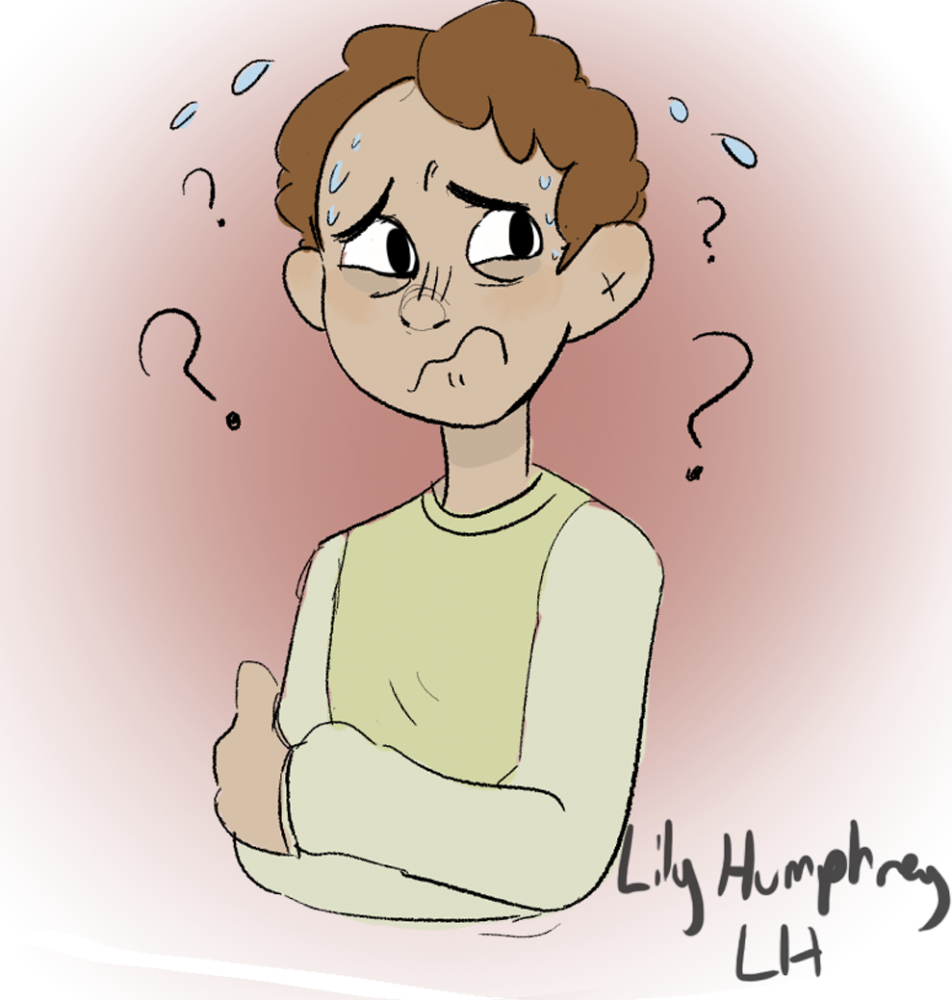Stop Blinkin’ about It
August 25, 2017
Throughout childhood, parents are suggested to teach a common philosophy: think before you act. Naturally this makes sense. We think:
“Okay. Don’t make an irrational decision. What should I do? What am I wanted to do? How am I ‘supposed’ to respond?’
Yet as everything we have been taught goes through our hectic mind in the heat of the moment, we often overlook subtle hints that dictate the better option of what we should or should not do in the moment.
Canadian journalist Malcolm Gladwell wanted to prove and highlight this idea in his book Blink, first published in 2005. In the book, he discusses successful decision making skills and how to better judge the world around us.
“It’s a very thought-provoking book,” senior Mathew King said. “I learned a lot that will help me better read other people’s expressions and thoughts in real life.”
The book teaches readers when to judge a situation in the blink of an eye and when to really think through a situation. He argues that when something looks odd, when a face shows fear or perplexity, or when something or someone makes you feel a certain way, not to discard that valuable information because it could allow you to make a quicker, more insightful, and safer decision.
Senior Mackenna Strohmeier said, “learning about the unconscious aspects of our minds in Blink was very interesting. It is important that we are aware of any biases that we are not conscious of due to the way society has ‘primed’ us so we can live a life that reflects our own morals and values.”
Though it is important to try to discard biases on religious groups, cultures, genders, and other groups, it is still important to make interpretations on other people.
For example, if a man is standing near someone of a group that is unjustly and stereotypically dangerous, he should not hang around and get too close to that person, especially if he gets the vibe that he is in a bad situation and if the person is making him feel like something is going on.
Now that does not mean that all people from that ethnicity, sexuality, race, etc. will make the man feel uncomfortable or that he should not hang around people of a given group, it just means he should judge the situation that he is in and make a quick assessment of the person who is standing right in front of him.
Alexis Kelly, a Sage student, said, “one concept from the text that I found very interesting is the idea that our split-second decisions can be just as good or better than our carefully planned out ones. This book [also] inspired me to trust my instincts more.”
The book taught all students something important to help them make fewer mistakes in the moment. Gladwell’s book expresses a philosophy that has the potential to impact everyone’s lives through changing the way in which its readers make decisions.
Senior Justin Camp said, “I genuinely think his book can help us all to gain better insight into the decision-making process, which can further help us to succeed not just academically, but athletically and socially as well.”
The book can teach anyone how to make better, faster, and smarter decisions in given situations. Unlike the other book-in-commons from previous years, Blink has taught students tools that will help them in their everyday lives.
As Malcolm Gladwell put it, “there can be as much value in the blink of an eye as in months of rational analysis.”
Though it is too late to change all the past decisions you took forever to make, from now on trust your instincts. Stop blinkin’ about it!


